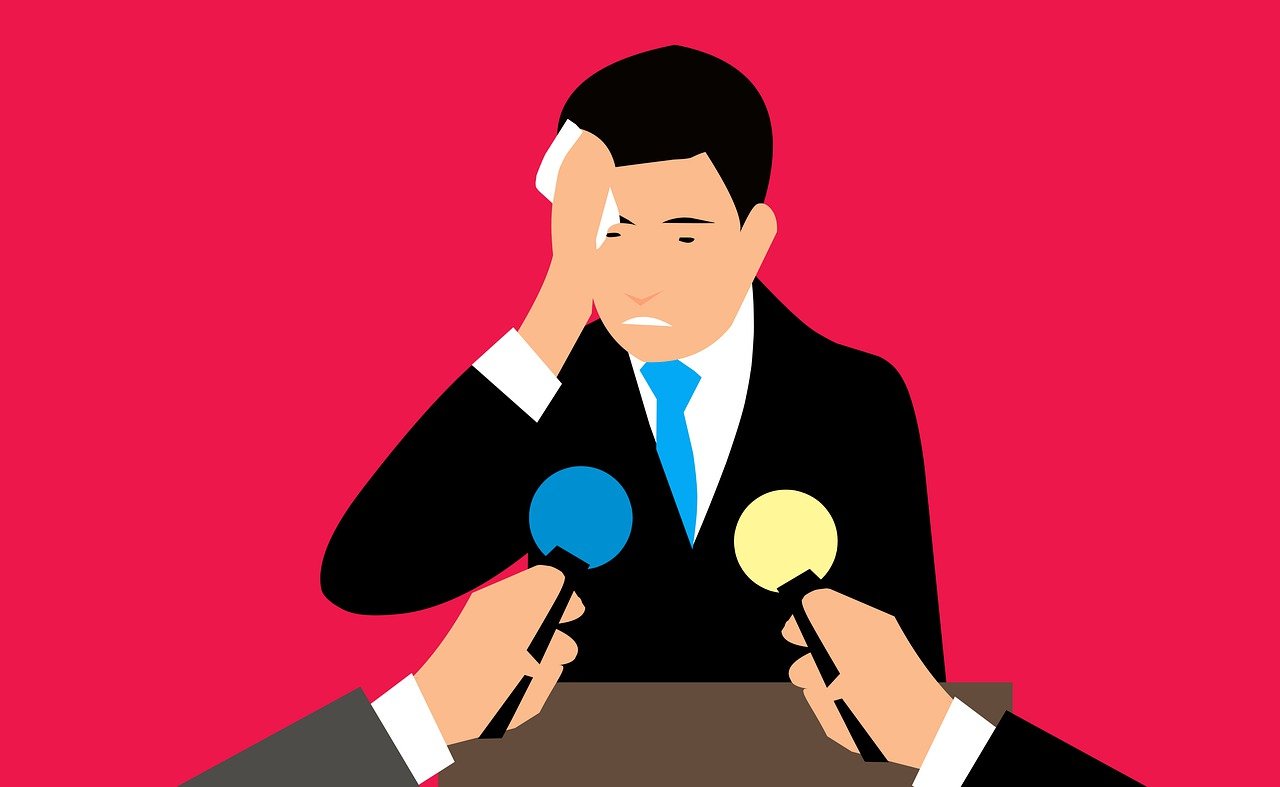In this article, we will introduce five methods to turn nervousness into an ally.

Are you the type of person who gets nervous easily? While some people never seem to get nervous no matter what situation they’re in, others find it difficult to perform at their best due to nervousness.
By turning nervousness into an ally, you can perform at your full potential in situations such as presentations, exams at school, and job interviews.
So, let’s get started with the first point.
The first point is to “get rid of the habit of fearing loss”.
What is loss aversion? It is the tendency to fear losing something.
For example, if someone offers you a bet where you could win $100 but lose $50, the expected value shows that it is a favorable bet for you. However, people with a strong tendency for loss aversion might say, “I don’t want to risk losing $50, so let’s not do it.”
This is an extreme fear of loss.
According to research, people with a strong tendency to fear loss also tend to experience a decrease in their performance in sports or exams due to nervousness.
People who fear losing are more likely to get nervous, which leads to a decrease in performance.
So, what can we do about it? One technique is to change the interpretation of your goal.
For example, if your goal is to do well on an exam, you might be thinking about getting into a good university, working for a good company, or increasing your salary. However, this type of goal may not be suitable for people with a strong tendency for loss aversion.
Instead, try thinking that you have already passed the exam.
Imagine that you have already been accepted into the university and the test you are about to take is a maintenance test to ensure that you can continue attending that university. This way, you can eliminate the fear of losing something and improve your performance, while also reducing stress and nervousness. Give it a try!
The second point to consider is the benefits of anxiety.
Most people tend to think of anxiety as a bad thing and try to avoid it. However, it is scientifically known that it is not anxiety itself that causes failure, but rather how we perceive anxiety.
Therefore, it is better to stop thinking that we cannot perform well because we are anxious and to objectively perceive anxiety as a physiological phenomenon.
When we are anxious, our heart rate increases, and we start to sweat.
This is because when a living organism enters combat mode, the sympathetic nervous system becomes dominant, making the heart beat hard to create energy throughout the body and sending blood and oxygen to enable it to move well.
So, let’s think that the increase in heart rate and sweating is because that’s how living things are, and that our body is capable of moving well in a state of anxiety.
The third point is a classic technique called expressive writing.
To do expressive writing, take about five minutes and write down all your current feelings, including both positive and negative ones.
By doing this, the prefrontal cortex in our brain is activated. Activation of the prefrontal cortex processes negative emotions and reduces anxiety.
If you cannot stop feeling nervous on the day of the test or any other event, take five minutes to jot down your feelings on a piece of paper. The key is to keep writing without stopping.
The fourth point is a technique called “generic you.”
This is a theory that when we generalize our unpleasant experiences or anxieties, such as anxiety or stress, it reduces the tension.
For example, if you think, “What if I fail the test? I’m scared,” generalize this feeling by thinking, “Everyone gets nervous before a test.”
By generalizing our problems like this, we can reduce stress and broaden our perspective.
We can also start thinking that we are not alone, and we can reduce mistakes even under stressful conditions, and our performance will improve because we are aware that we have colleagues who support us.
Please try it out.
The fifth point is a technique called “second-person self-talk.”
This is an easier one.
This technique involves using second-person language to encourage oneself.
It can be used for a range of negative emotions such as anxiety and nervousness. Instead of thinking,
“What if I fail the test or make a mistake?”
take a step back and create another version of yourself in your head.
Then, encourage yourself using second-person language, such as
“You’ll be okay because you’ve worked hard,” or
“You can do this.”
It’s important to use “you” instead of “I” or “me” when using this technique.
Using second-person self-talk can give you more courage than first-person self-talk.
By creating a separate perspective and using “you” language, you can look at things from a more detached point of view.
This can help you handle stressful situations with ease. People who are skilled at using self-talk are often good at mental control too.
What did you think of this article?
Did you find any tips on using nervousness to your advantage?
I hope you found at least one thing that you think will be useful. I research how to apply Zen teachings to modern life. Thank you for reading.

